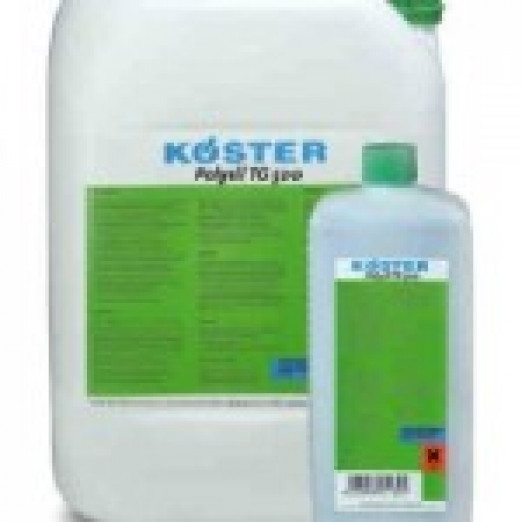Overview
Delta Registered Installer, T W Read Waterproofing Ltd have extensive experience in providing professional design and installation of waterproofing systems for existing and new build structures.
The Scope of this project was to provide a structural waterproofing solution to a large basement that had been formed below a residency in Streatham, South-West London. These works were originally undertaken by a basement company who had ceased trading. Whilst the excavation works had been completed, no waterproofing system had been installed. The structure was a built from the 1890-1900 era, usually urban houses of this vintage were well-built and have few structural problems. The basement consisted of two apartments with two light wells and a large courtyard to the rear. At the rear of the property there was also a podium deck that required waterproofing.
Working in collaboration with the architects T W Read Waterproofing Ltd were easily able to offer a simplistic and practical approach. Based on the assessed risk and performance level requirements for the basement – grade 3 in accordance with BS 8102:2009 two forms of structural waterproofing would be required.
There’s no one-size-fits-all when it comes to waterproofing design. With the basement suffering from excessive amounts of leached free lime, Delta’s Type A & C waterproofing systems were put forward as a great solution.
Type A Waterproofing
Type A is defined as ‘barrier protection’. A barrier protection which physically holds water back on either the positive side of a below ground level structure (externally), the negative sides (internally) or sandwiched into the construction. Cementitious coatings, bituminous coatings or flexible sheet membranes are categorised within Type A ‘barrier protection’.
Type C Waterproofing
Type C is defined as “drained protection”. A drained cavity system collects and manages any moisture which breaches the integrity of the structure by channelling, collecting, and discharging such free water via a suitable evacuation point. A Type C waterproofing system will not increase or exert water pressure on a structure nor alter the dynamics of a structure.
Methodology
Before specifying a robust waterproofing solution, T W Read Waterproofing Ltd attended site to undertake surveys on the property, these detailed studies were carried out to supplement and verify the site information provided by the client, focusing on specific site issues. The client’s main concern was the high volume of free lime (calcium carbonate) which had leached through the new concrete walls at the floor/wall junction and the dry pack joints.
Prior to the installation of a Delta Type C System, all new concrete tends to be treated with Koster Polysil TG 500 to prevent the leaching of free lime, where lime has already leached, Koster Polysil TG 500 acts as a coating system to decrease the likelihood of new salt efflorescence development.
Initially all efflorescence/salts on the surface of the walls were removed via wire brush in preparation for the application of Polysil TG 500, all construction and dry pack joints were sealed using Koster Repair Mortar Plus. In a full belts and bridges approach, T W Read Waterproofing Ltd applied a closed layer of Koster NB 1 sealing slurry to prevent migratory dampness to the light wells, basement, and courtyard.
The Delta Type C internal cavity drainage membrane system is a reliable and completely maintainable waterproofing solution. Prior to the installation of the Delta Type C system, coved fillets were incorporated to the all-important wall/floor junctions to ensure any moisture or running water which will travel behind the membranes in a controlled drainage system will not seep into the structure.
Delta MS 500 was securely fixed to the internal walls of the basement using Delta’s specialist fixing plugs, with Delta MS20 installed to floors.
Below the floor membrane perimeter drainage channels were sited within rebates allowing for suitable drainage of any water ingress being diverted to suitable discharge points, in this case a bespoke sump pump drainage system.
Delta’s pump partners, Package Pump Systems Limited (PPS) designed a bespoke basement drainage solution with pumping stations for the ground and foul water.
After the Type C System was installed the all-important integrity testing was undertaken to exercise the waterproofing system in worst case scenario.
Products used:
- Delta MS20
- Delta MS 500
- Delta Channel and Channel components
- Koster NB 1 Grey
- Koster Polysil TG 500
- Koster Repair Mortar Plus
- Delta Bespoke submersible pump stations
Case Study Results
A completely watertight solution was provided with works were carried out to a high standard and delivered on time.
As a particularly experienced Delta Registered Installer, T W Read Waterproofing Ltd were able to confidently recommend, design and install a comprehensive waterproofing system that will protect the property from unwanted water ingress for the life cycle of the structure, much to the delight of the client.















